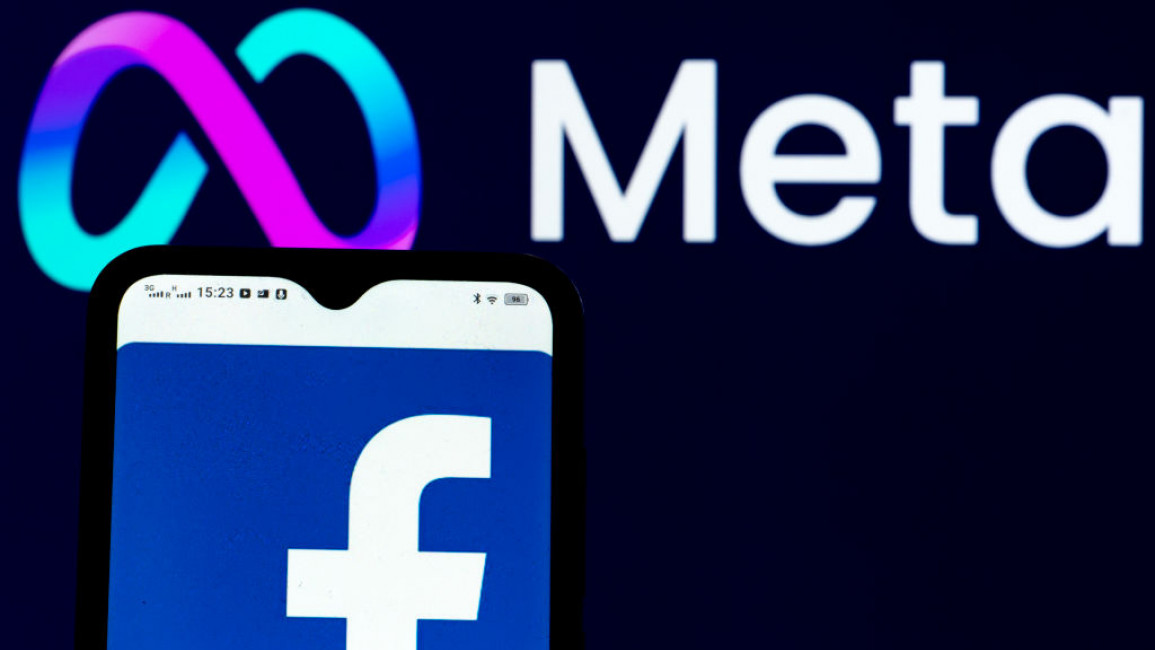Iran-run social media accounts targets Scottish independence debate
More than 100 fake social media accounts, which formed part of an Iran-based network, have been closed down for attempting to influence public opinion surrounding the debate for Scottish independence.
According to Facebook and Instagram’s parent company, Meta, 126 accounts were closed for violating its “co-ordinated inauthentic behaviour policy”.
The accounts posed as Scottish locals and posted political messages designed to sway opinion and gain political influence.
“This network posted photos and memes in English about current events in the UK, including supportive commentary about Scottish independence and criticism of the UK government,” a 2021 Meta report on fake accounts read.
Among the posts were images of the ‘Yes Scotland’ campaign sign, and jokes about UK Prime Minister Boris Johnson.
Meta’s annual report into fake accounts revealed that top-officials were astonished by “how hand-crafted” the online campaign was.
“The individuals behind this activity organised their content around common hashtags promoting Scottish independence, at times misspelling them,” the report said.
“These accounts also posted about hobbies, football and the UK cities they claimed to be based in, likely to make these fictitious personas appear more authentic,” it added.
The accounts urged followers to contact policymakers, posted criticism of the UK government, and declared support for the Scottish independence movement.
Prior to being closed down, the accounts had acquired 77,000 followers.
The annual report pointed the finger of blame at Iran, with the founder of St Andrew’s University’s Institute of Iranian Studies, Ali Ansari, telling The Scotsman, that the social media campaign was designed to “weaken and disrupt the UK”.
“For many Iranians in political circles, the UK has long been regarded as a malevolent force in Iranian history and this is a means by which they feel they can get their own back,” Ansari told The Scotsman.
“In this sense they have a historical view of ‘Britain’ that would be no doubt be shared by many nationalists,” he added.
This is not the first time that Iran has used social media in an attempt to sway opinion surrounding the Scottish independence movement.
“In the past, Facebook found a page that copied and posted political cartoons about independence as far back as 2013,” Ben Nimmo, global influence operation threat intel lead at Meta said.
“This time again, this activity didn’t get much traction. The most successful [Instagram] account had just over 4K followers, and only about half of those were in the UK,” he added.



